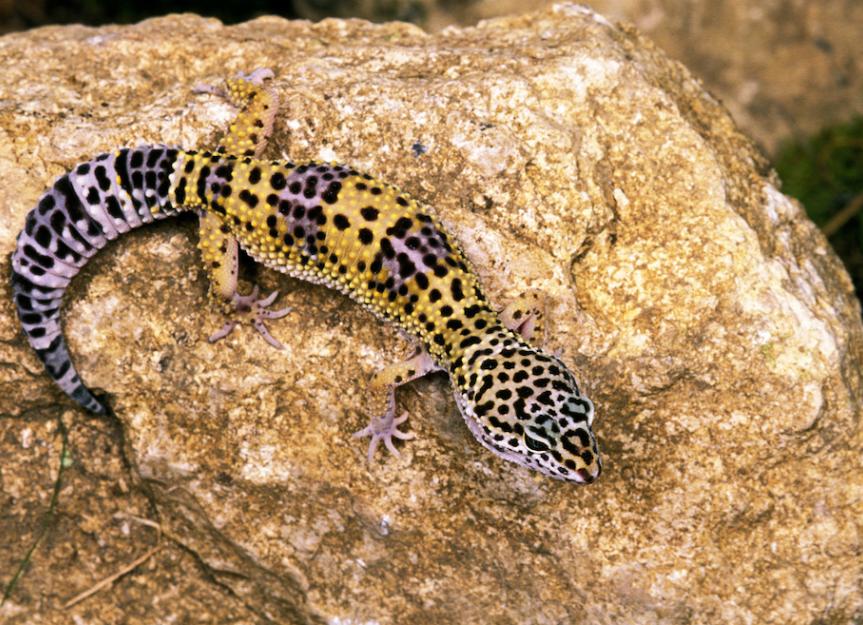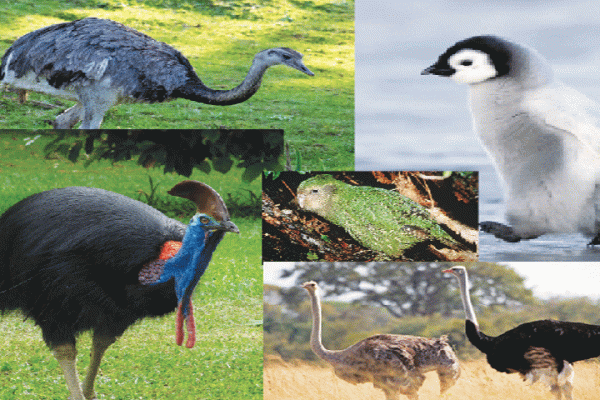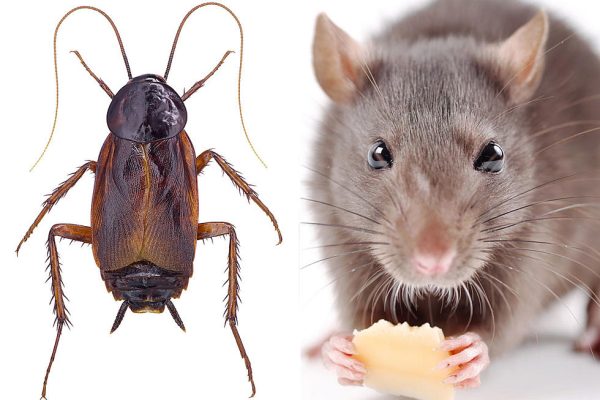Factors of Leopard Gecko Lifespan. Learn about the fascinating world of leopard geckos and their lifespan. Find out what influences the longevity of leopard geckos and find answers to some of the most commonly asked questions about them. Discover how you can ensure the health and well-being of these fascinating reptiles by choosing the best care and husbandry practices.
What is Leopard Gecko Lifespan?
There is something mesmerizing about leopard geckos (Eublepharis macularius), which have captured the hearts of reptile enthusiasts around the world. This species of small lizard is well known for its striking appearance and docile nature, making it a popular pet for both beginners and experienced reptile keepers alike. Leopard gecko ownership requires an understanding of their lifespan, which is one of the most crucial aspects.
Factors Influencing Leopard Gecko Lifespan
A leopard gecko’s lifespan varies according to a number of factors, just like that of all other living creatures. The knowledge of these factors will assist you in providing your gecko with optimal conditions in order to ensure its health and longevity.
1. Genetics
The leopard gecko inherits certain genetic traits which can affect his or her lifespan in a similar manner to humans. A reputable breeder or source who focuses on breeding healthy specimens can increase your chances of acquiring a long-lived gecko, although it may be challenging to assess these traits directly.
2. Diet
There is a direct correlation between the diet of a leopard gecko and its overall health and longevity. The provision of a balanced diet consisting primarily of live insects is essential. Crickets, mealworms, and waxworms are common sources of food for insects that should be supplemented with calcium and multivitamin powders in order to ensure proper nutrition for them. The consumption of a healthy diet contributes to the maintenance of a robust immune system and the prevention of disease.
3. Habitat and Enclosure Setup
You should create an appropriate habitat and enclosure for your leopard gecko to ensure his well-being. The following factors should be considered:
4. Enclosure Size: Room to Roam
Leopard geckos benefit from a spacious enclosure that allows them to explore, exercise, and display their natural behaviors. It is recommended that a 20-gallon tank be used to house an adult gecko, while larger enclosures will be necessary for multiple geckos.
5. Temperature and Lighting: The Goldilocks Zone
![]()
The Leopard Gecko is an ectothermic species, which relies on external heat sources to maintain its body temperature. It is recommended that the enclosure be provided with a gradient of temperatures, with a warm basking spot of about 88-92°F (31-33°C) and a cooler side of about 75-80°F (24-27°C). To promote the absorption of calcium and healthy bone development, use a full-spectrum UVB light.
6. Substrate and Hiding Places: Comfort and Security
It is recommended that you use a substrate that is easy to clean and minimizes the risk of impaction, such as reptile carpet, paper towels, or non-adhesive shelf liners. Also, provide your gecko with several hiding locations, such as rock caves or half logs, to ensure that he feels secure.
7. Hydration and Water
A leopard gecko’s health depends on proper hydration. You should provide a shallow water dish in the enclosure, ensuring that it is accessible and kept clean. Maintaining an appropriate humidity level is essential for leopard geckos as they obtain moisture through shedding.
8. Veterinary Care
A regular veterinary examination is essential for monitoring your leopard gecko’s health and identifying any potential problems early on. Your gecko’s veterinary care can include guidance on nutrition, husbandry, and preventative measures targeted to its specific needs.
FAQ`s
1. How long do leopard geckos live in the wild?
In their natural habitat, leopard geckos face various environmental challenges and predators. Their lifespan is typically shorter, ranging from 6 to 10 years.
2. Can leopard geckos live longer than 20 years?
Yes, leopard geckos can live more than 20 years with proper care, nutrition, and a healthy environment. It has even been reported that some exceptional individuals have exceeded the three-decade mark.
3. How can I ensure a long lifespan for my leopard gecko?
Live feeder insects will allow leopard geckos to develop into much healthier adults with longer life spans than those who are primarily fed dried foods or even waxworms. You should provide your pet with a variety of gut-loaded dubia roaches, mealworms, and crickets as part of their diet.
4. What are some signs of aging in leopard geckos?
The leopard gecko in a dying state will exhibit signs such as extreme weight loss, abnormal droppings or even a lack of droppings, lethargy, sunken eyes, and lack of appetite.
Must Read: What are Dog Eye Drops? | Proper Usage of Dog Eye Drops
Conclusion:
Understanding the factors that influence the lifespan of leopard geckos is crucial for providing the best care possible. By creating a suitable habitat, providing a balanced diet, and maintaining proper hydration and temperature, you can greatly contribute to the longevity of your gecko. Regular veterinary care and monitoring are also vital for catching any health concerns early on. Remember, a healthy and happy leopard gecko is more likely to enjoy a long and fulfilling life by your side.





